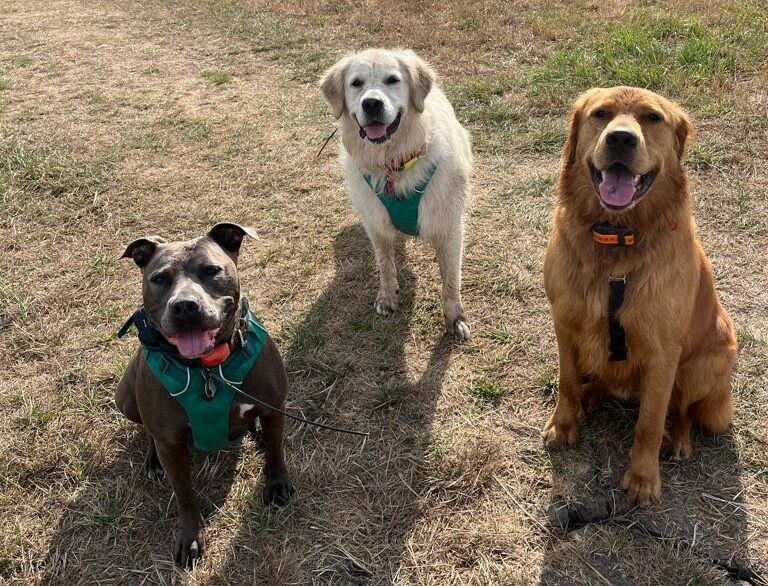by Jess Lara, DANW Trainer and CBCC and Kerry Ryan, DANW Owner and CPDT
Dog Parks: Good in Theory
Outdoor off-leash activity will significantly contribute to your dog’s physical and behavioral health. It provides enrichment, exercise, bonding time between a dog and their person, and social time with other dogs and people. And there is nothing like watching a happy dog romp off-leash in unbridled joy.
Visiting a dog park comes with many physical and behavioral risks, however. Read on to learn more about whether or not dog parks are a good fit for your four-legged buddy!
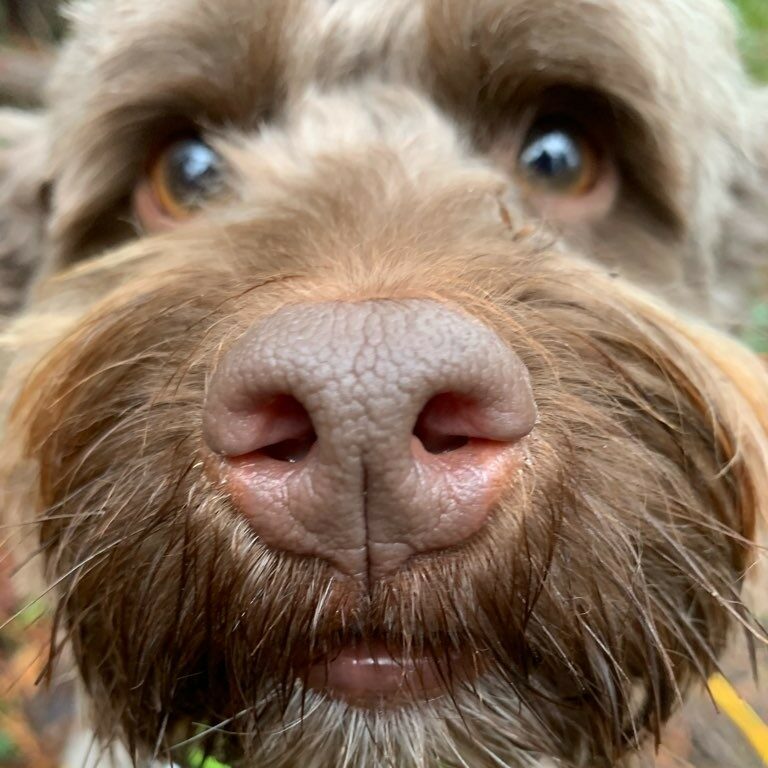
The Dangerous Unknown
The average dog park goer is not proficient in reading their own dog’s body language. There are almost certainly nervous dogs, shy dogs, over-aroused dogs, and aggressive dogs at the park, all without the support and guidance they need to make safe and appropriate choices.
Truthfully, the safest way for a dog to spend time with unknown dogs is in a curated group or under the guidance of a professional who can structure interactions for everyone’s best interest. A park full of dogs with unknown temperaments and triggers can be a recipe for disaster! Warnings that a fight or attack are brewing often go by unnoticed until it is too late. Because of this, if you do choose to spend time at a dog park with your pup, you are accepting a fairly high level of risk. To mitigate risk, you’ll need to be hyper-vigilant, constantly observing all interactions. You must also be able to successfully recall your dog to you, even when emotions are high.
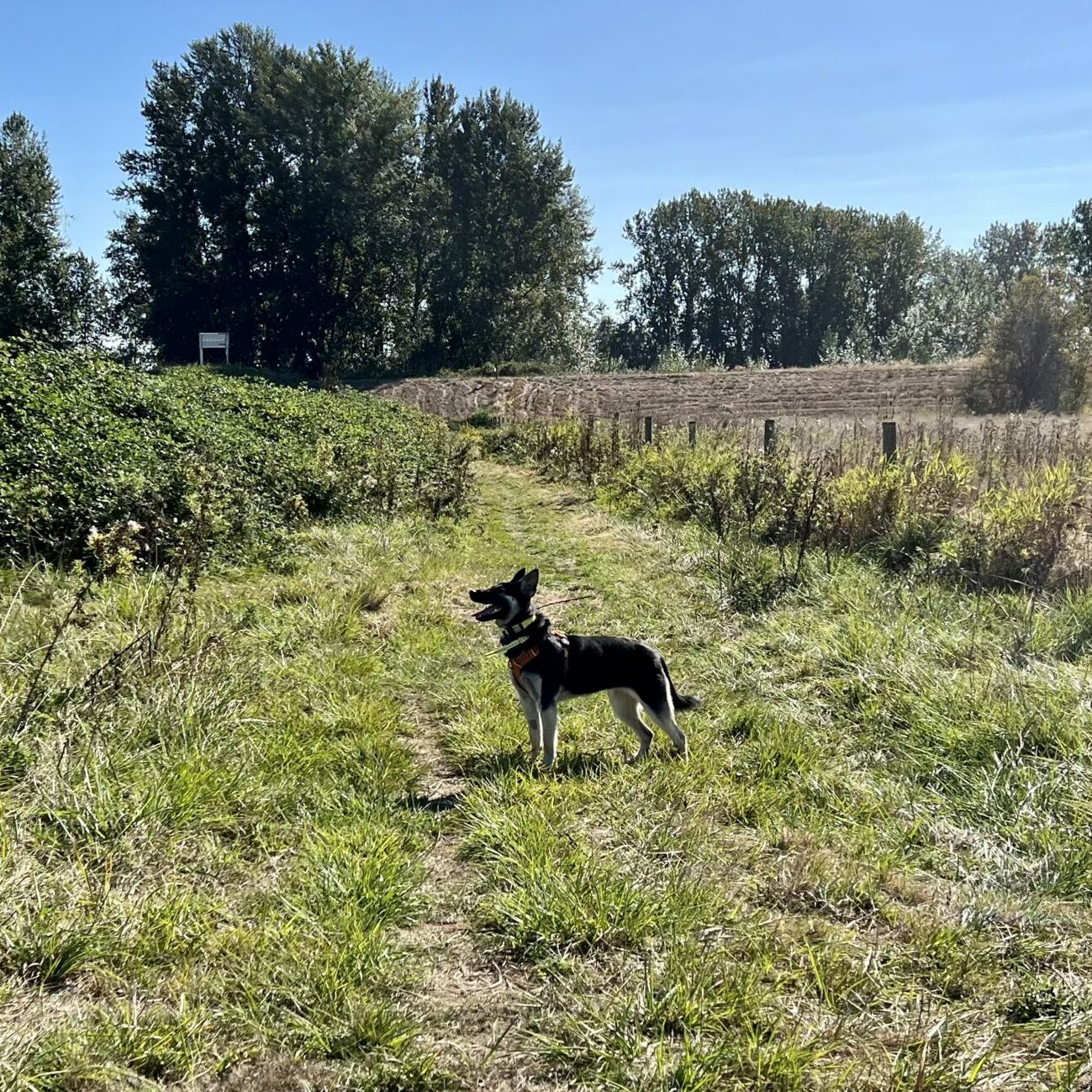
Rewarding Distraction
Dog parks encourage your dog to disengage from you and seek reinforcement from the environment… which is not the behavior that we value the most in our pet dogs! Ideally, humans are active participants in their dog’s outdoor time, and not observers who the dog learns to ignore. Dog parks often set your dog up to fail, as dogs need a high level of training to respond to cues in such a high level distraction environment.
If y0u choose to go to a dog park, be sure to train a rock-solid recall with your pup (even amid significant distractions!). Reward your dog every single time they check-in or interact with you. Be an active participant in play. Make the dog park an activity that you and your dog enjoy together.

Doggy See, Doggy Do
Much like humans, dogs are hyper-social animals who learn a lot from observing each other. This is called Socially Facilitated Learning. Simply put, your dog can pick up bad habits from their buddies at the dog park. They can learn that it’s great fun to charge and bark at newcomers to the park, dig holes, or steal toys from other dogs.
If you are sharing the park with a dog that is exhibiting behaviors you do not want your dog to adopt, consider heading to a different area of the park, or leaving the park altogether.
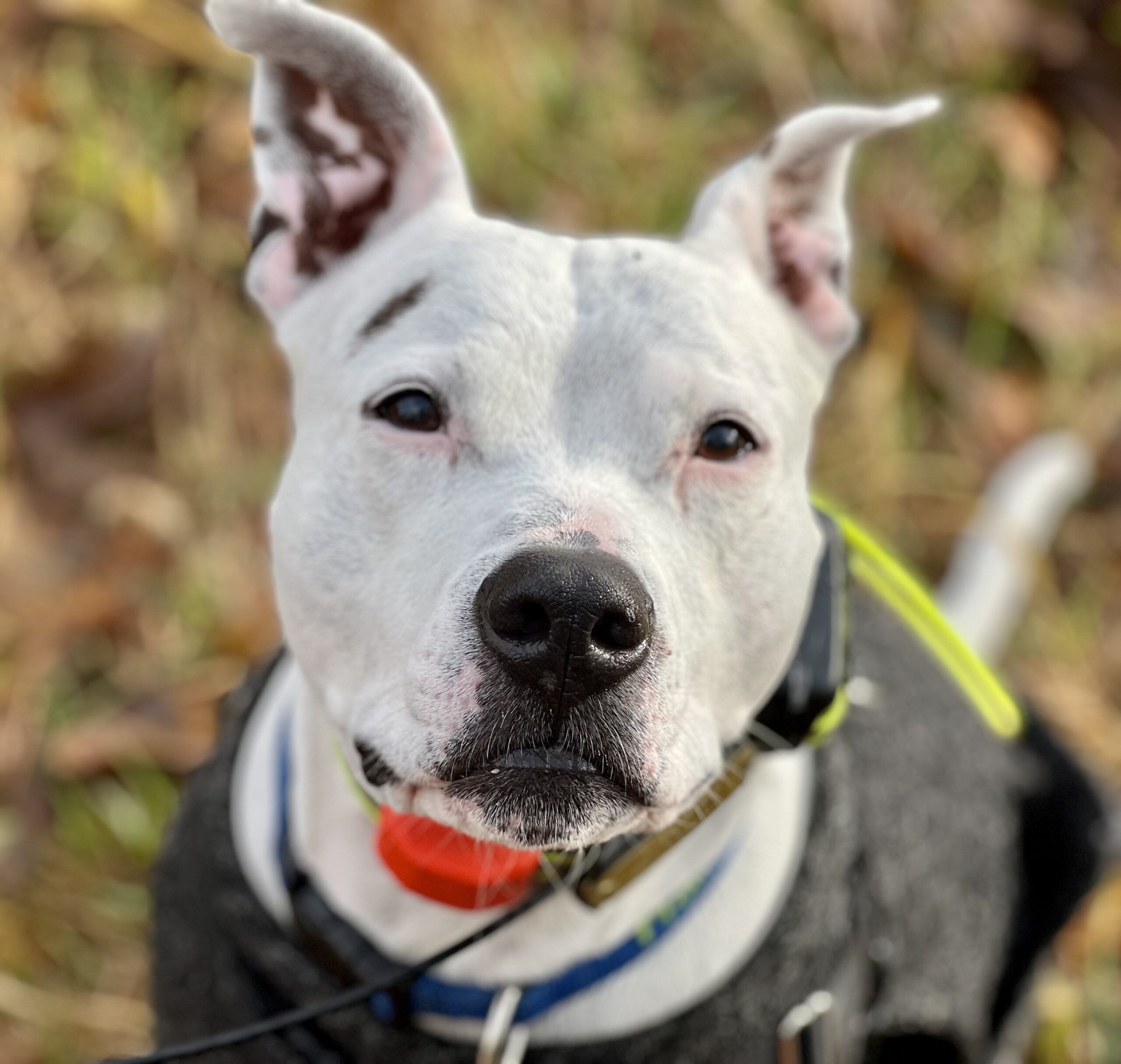
It Only Takes Once
Many dogs have a bad experience at a dog park that changes their social behavior for the worse, often during a puppy’s critical window for socialization.
Whether your dog is overtly attacked or bullied or subtly overwhelmed, they can decide that new dogs equal bad news after only one undesirable experience.
If your dog has an adverse event at a dog park, be sure to work with a professional trainer to counter-condition the experience. Otherwise, your pup may develop increased anxiety in the presence of new dogs, which can make them avoidant, defensive, and/or reactive. All of this presents a big problem when you live in an area with many dogs. (Here’s looking at you, Portland!)

Introverts Don’t Like Raves
Dog parks can seem like boisterous dance clubs to dogs who actually prefer the equivalent of a coffee shop meet-up or a small dinner party. For an introverted personality, the dog park may be your dog's worst nightmare! Dog parks are not a place for nervous, fearful, or reactive dogs, full-stop.
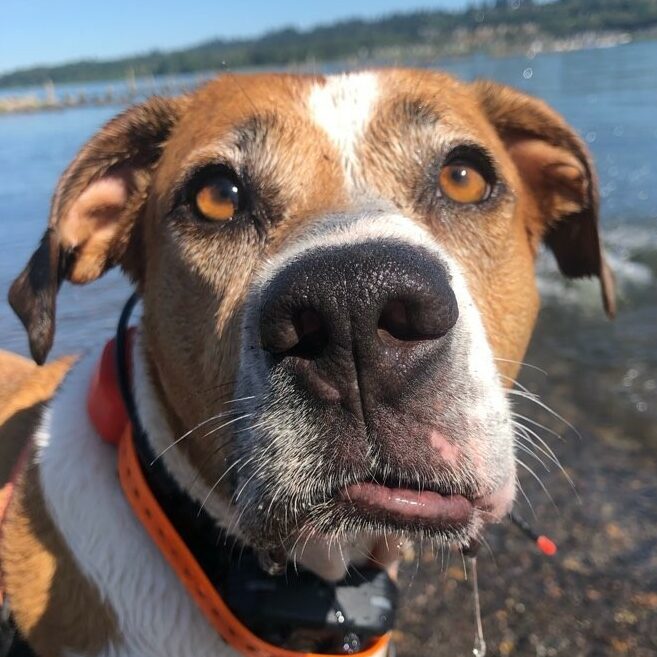
Giardia for Days
There is a risk of disease at dog parks, as most parks do not require proof of vaccination or parasite prevention… and there are often communal water bowls and poop that has not been picked up. (Just the smell of a dog park on a hot summer day should be enough to keep most people away!)
If you do choose to go to a dog park with your pup, consider bringing your own water for your dog to drink, and watch out for any dogs that seem ill in any way.
Alternatives to Dog Parks
There are many ways you can spend quality time with your dog, get exercise, and support your pup’s behavioral wellness without going to dog parks. Here are a few ideas:
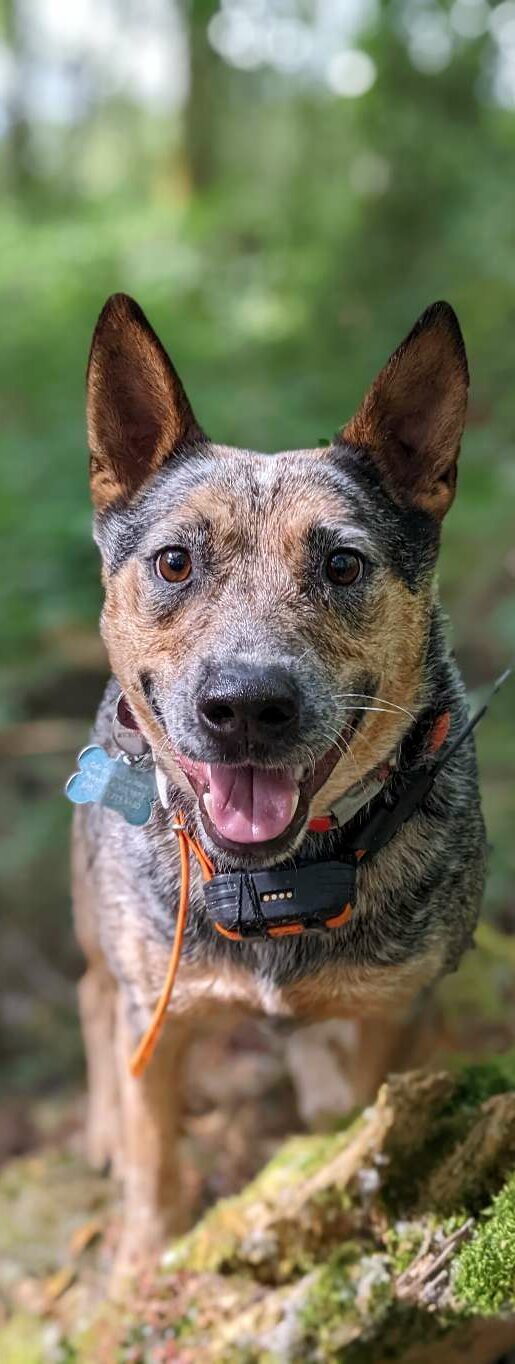
Making the Most of a Dog Park
Some designated off-leash areas are great for some dogs. Parks or natural areas with large open spaces and trail systems are best, especially when you keep moving. Ideally you and your dog can be in continuous movement, so your dog can briefly greet new dogs and then move along on a hike with you. (And if your dog really hits it off with a new friend, you can stop to let them play for a bit!)
But before you take your dog to an area where they will meet new dogs, it is important that your dog has appropriate social skills with a wide variety of dogs. This means your dog has had positive experiences with tiny dogs, big dogs, young dogs, old dogs, intact dogs, and dogs who lack social skills.
It’s also vital that you have trained a great recall. It is incredibly important that your dog can focus on you when necessary.
Off-leash areas are best during less crowded times, like when it's raining or in the middle of a workday. Avoid the weekend warriors and after-work crowd. You can also opt for unfenced off-leash areas, as these parks require a certain level of training to enjoy safely; you are more likely to see more highly-trained dogs and invested, knowledgeable guardians.
Go explore with your dog!
There are so many fun things to do with your dog that invite far less risk into your pup’s life than a trip to the dog park. Go explore and see what you and your dog like best!

